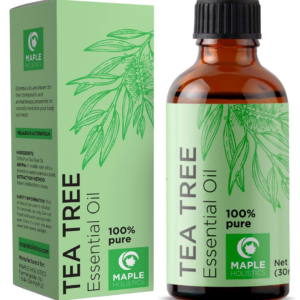It’s only afternoon and already you are yawning. Too tired to focus on the job at hand at the moment. Somehow you get through the day’s work with the help of coffee or tea. It is evening, you dread making dinner, have a headache and just want to go to sleep as soon as possible.
Unfortunately though, as soon as its time to hit the bed, your mind starts racing. You are lying awake thinking of everything under the sun. Somehow you feel less tired although you still have a niggling headache. You ask yourself to go to sleep but keep thinking, tossing and turning in bed. Even your new memory foam pillow or expensive mattress doesn’t seem to be doing anything for your sleep. Before you know it, it is already morning, time to get up and face another tiring day.
Sounds familiar? Well, if you are wondering what is wrong with you, just know that you are not the only one going through something like what I described above.
Always sleepy but can’t sleep has become quite a common occurrence amongst people of all ages. Some estimates and studies have concluded that almost 30% of the entire population suffer from chronic insomnia with a significant number of people suffering from severe sleep deprivation.
While you are not alone experiencing severe sleep deprivation and insomnia, you should know that in the long-run this condition can be quite dangerous to your health. You need to start working on getting quality sleep if you want to remain healthy, have a strong immune system and maintain optimum cognitive abilities.
So What Should You Do?
Before we get into what you can possibly do to increase the duration as well as quality of your sleep, lets discuss a few things that you should not do under any circumstances.
Don’t Expect Miracles
Insomnia is something that is developed over a number of years. You may not feel that way but it is something that is due to lifestyle choices you have made since you were a teenager. Maybe for some it developed at a later stage in life but definitely its something that slowly creeps up on you over time and before you know it, its too late.
It is therefore that to reverse the whole sleep disorder process, it takes a lot of time as well. Obviously it should not take several years but it will take time and you should not expect miracles from the first night itself.
Don’t Lose Patience
This is related to the above point and it is the most important point, hence the need to reiterate again. Your quality of sleep will not improve overnight and most people just lose patience. Please do not let that happen to you. Keep working on your sleep routine, habits and lifestyle choices to ensure over time you do fall asleep quickly and are able to maintain deep sleep for a number of hours.
Don’t Rely on Medicines or Supplements
Now I realize for some of you, medication and supplements are required but try to avoid them as much as possible.
Build and shape your mind as well as body to sleep naturally. Medication usually tries to take over your brain process and your body loses the ability to do things naturally. It gets used to the medicines and is always relying on them for calming the mind.
This can be dangerous in the long run and you have to work on increasing your body’s natural ability to calm itself down before sleeping.
Don’t Do Silly Things
Please don’t drink, consume food with sugar, binge watch shows or movies in the night and expect to go to sleep immediately. Very few people are gifted with the ability to go to sleep no matter what.
If you do such silly things, absolutely nothing that you can do will make you go to sleep especially if you already suffer from insomnia.
What To Do To Improve Your Quality of Sleep?
Now that we have covered a few things that you should not be doing, let us discuss what you can do to have a good night sleep.
Note that a good night sleep is made up of two factors.
1) Ability to fall asleep quickly.
2) Ability to have longer durations of deep sleep.
Both the factors are important for your overall sleep quality and health. However, even if you can achieve longer periods of going into deep sleep, it will be quite beneficial for your overall wellbeing.
Calm Your Body and Control Your Mind
Ultimately, to be able to sleep properly through the night, you need to be able to calm your body and control your mind.
Obviously this is much tougher than one can imagine. Calming your body is still possible but controlling your mind is near impossible. In fact you should know that at the moment, most of the human population cannot control their mind. Our minds are running in an uncontrolled manner with constant chatter and often repeating the same type of thoughts again and again.
For those with insomnia, this uncontrolled constant mind chatter is a dangerous activity. Even if your body is extremely tired, you have a headache and you desperately want to sleep, because your mind is racing at a million miles per hour, it becomes impossible to fall asleep. Even if you do manage some sleep, it is often not a deep sleep and some mind activity is still playing in the background.
So whatever we try to do to sleep, it needs to be to calm both your body and mind. You need just enough control for a limited period of time to genuinely fall asleep.
Breathing exercises while lying on the bed
The most important thing you can do to control your mind is do perform simple breathing exercises while lying on the bed. There are two very simple exercises that you should do every night and every time you feel your mind is racing to take back temporary control.
1) Equal diaphragm breathing: In this exercise, you simply have to ensure you breathe in and out in equal amount of time. So if you inhale for four seconds, you need to exhale in four seconds as well.
I usually just count to four. So when breathing in I inhale to a count of four, hold for one second and then exhale to a count of four.
Apart from equal timing in inhaling and exhaling, you also need to ensure that you are breathing using your diaphragm. Your diaphragm is located between your chest and stomach. Don’t worry if you cannot locate it. All you need to ensure is that when breathing in, your stomach rises as well. It is not just your chest that is rising.
If you have ever seen a baby breathing, you will notice its stomach rising every time the baby inhales. That is the correct, natural way of breathing which most of us lose out over time.
So to recap, use equal counts to breathe in and out, make sure your stomach rises while inhaling, hold your breath for one second before exhaling.
2) The 4-7-8 breathing technique: I had come across this technique long back on the internet and after practicing a while, I feel it genuinely works in calming you down.
This technique is super easy.
All you have to do is first inhale for 4 seconds. Next hold your breath for 7 seconds and then slowly exhale for 8 seconds. Just count in your mind if you do not know the exact second.
Keep doing this and you will experience a sense of calm in your body.
Note that both the above breathing exercises should be done for at least five minutes. Also don’t worry if you feel its not helping or you cannot do it more than say a minute before your mind starts thinking of something else. This happens to everyone. That is the reason I had mentioned earlier you need patience and know that things will not happen overnight. You just need to keep at it and not give up.
Also the first breathing exercise given above can be used anytime, even during meditation. Just start the exercise whenever you feel you need it or just need to stop the chatter in your mind.
Aromatherapy
This is another important thing you can do to get a good night sleep. Once again, there are two methods of Aromatherapy that you can use. However, you may need to experiment a bit with which smell or aroma is best suited for you. Most people react to different aromas in a variety of ways.
For example, I had read on the internet that lavender oil has properties that calm your nerves and help in falling asleep. However, even after using drops of lavender oil on my pillow or through diffusers for over a month, nothing really happened. In the end, I tried green tea oil, sandal wood oil and even eucalyptus oil to start getting a sense of what works best for me.
1) Couple of drops each side of your pillow: The first thing you can try is get a small bottle of a pure and organic oil of your choice. It can be any of the aromas I mentioned above or whatever smells nice to you. As long as it is pure oil and not filled with additives, artificial fragrances etc., you are fine.
Just use a dropper and put two small drops of the oil on each side of your pillow. When lying on bed, this aroma will slowly engulf you giving you a nice sense of calm.
Note do not overdo on the drops. Strong smell will end up causing you to feel fresh and the opposite of feeling sleepy.
2) Use a diffuser: Instead of dropping the oil directly on your pillow, you can mix 5 drops of the oil with 10 drops of water in a diffuser. Note your diffuser may need more water so use accordingly.
Let the aroma of the diffuser spread through your bedroom and then you can switch it off before going to sleep. Ensure you have no burning candles etc. before you hit the bed.
Aromatherapy can really help calm both your body and mind as long as you have found the right fragrance for you. Also once again, do not use artificial fragrances of any kind. They will hurt your chances of going to sleep even more.
Inhaling Eucalyptus Oil Vapor
If you have even the slightest blocked nose, it can be difficult to perform the breathing exercises or get the full benefits of aromatherapy. It is therefore recommended to inhale the vapor of eucalyptus oil to clear your nose before sleeping.
What you need to do is boil some water, put it in a bowl, put not more than three drops of pure eucalyptus oil in it. Cover yourself with a towel and breath in the warm vapor for as long as you can.
It will note only help in clearing your nose but also in calming you down before sleeping.
Be Practical
I realize this is not much of a technical tip but still wanted to put it out there. Often we do not sleep as we are constantly thinking of all the problems and issues of our lives.
Here we just need to be a bit more practical. You need to tell yourself, what is the point of worrying or constantly replaying the issues in our minds. It is not like as if the problems will go away in the morning.
So just be practical and stop thinking of the issues. I know this is easier said than done but at least try. Using the breathing exercises to make your mind focus on your breath instead of any other issues you are facing.
Rule out medical issues
While most people have acquired insomnia over time and it is a result of poor lifestyle choices, for some, it is due to an underlying health issue within themselves.
It is therefore recommended to get medical tests done or take the opinion of a doctor to rule out any genuine medical health issues.
Honestly, just knowing you are overall healthy will give you peace of mind and will calm your body down before sleeping.
Declutter your room
The environment you sleep in, makes a huge difference in your overall quality of sleep. Hence it is always recommended to declutter and clean your room for a good night sleep.
A well-organized room is not just pleasing to the eye, it helps your body feel comfortable and therefore helps your mind relax a bit more.
Wakeup and Sleep Routine
I probably should have covered this point first as it is as important as the breathing techniques given above.
Please maintain a proper routine and time for going to sleep and waking up. I know that the time you hit the bed is not the same as going to sleep but you should go to bed at the same time every night as much as possible.
Also wake up at the same time even if you are tired and want to sleep a bit more. Sometimes, it is good to get so tired that when you go to bed in the night, you cant help but fall asleep. Of course whenever you are that tired, make sure you are not doing any activity such as driving that can potentially be harmful to both yourself and others.
Maintaining a proper wakeup and sleep routine will eventually help your body clock to know when it is time to sleep and you will doze off as soon as you go to bed.
Light Yoga Stretches
If possible, performing just five minute basic yoga stretches before going to bed is beneficial for relieving muscle stress and relaxing the body.
Remember not to do anything strenuous. Stretches that help your legs, back and shoulders really help with calming you down. The breathing exercises given above will also be much more effective if your body has already started to relax after the yoga movements.
Final Thoughts
Falling asleep is all about your ability to relax, calm your body and control your mind. The breathing exercises and aromatherapy are the most important things you can do to fall asleep. In fact, anything you can think of that calms you down will help you to sleep.
However, I am repeating again, for those with severe sleep disorders, it takes a lot of time and patience to be able to again start sleeping on time and getting into deep sleep.
Please do not give up and continue for as long as it takes to redevelop good sleeping habits.
Also, as much as possible, avoid external help in sleeping. I am not just talking about medication here. There are certain herbal teas that calm you down and help sleeping. However, the goal is to be able to sleep on your own and ensure your body or mind is not relying on anything you ingest to sleep. If you manage to do that, then you will see a huge improvement in not just your sleeping pattern but also in your cognitive and overall wellbeing.

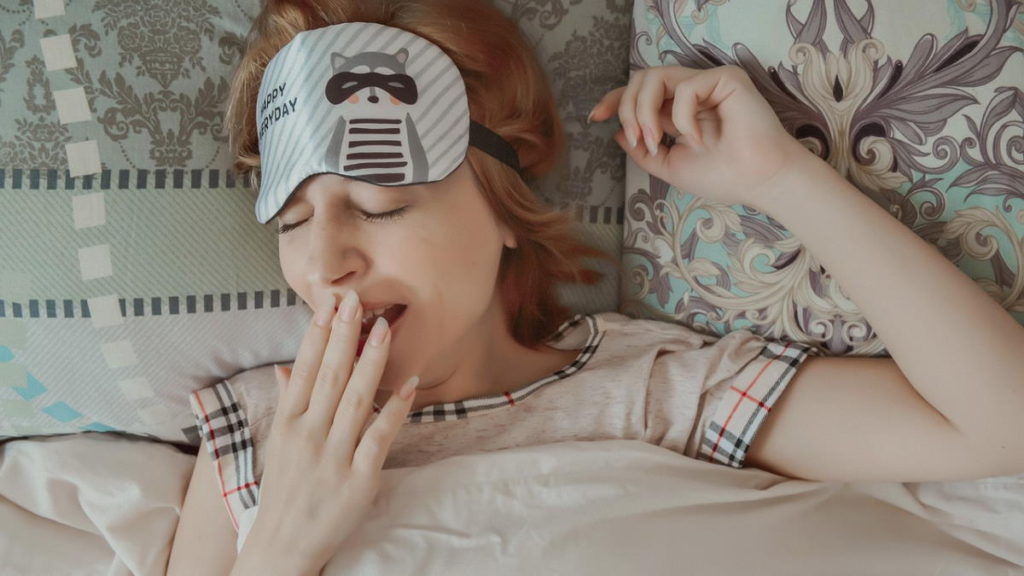
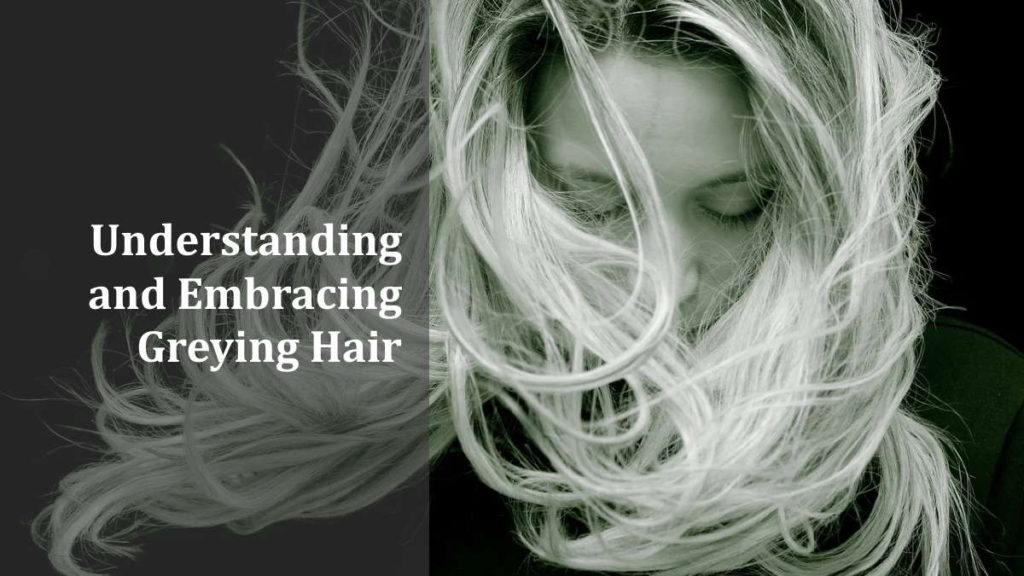
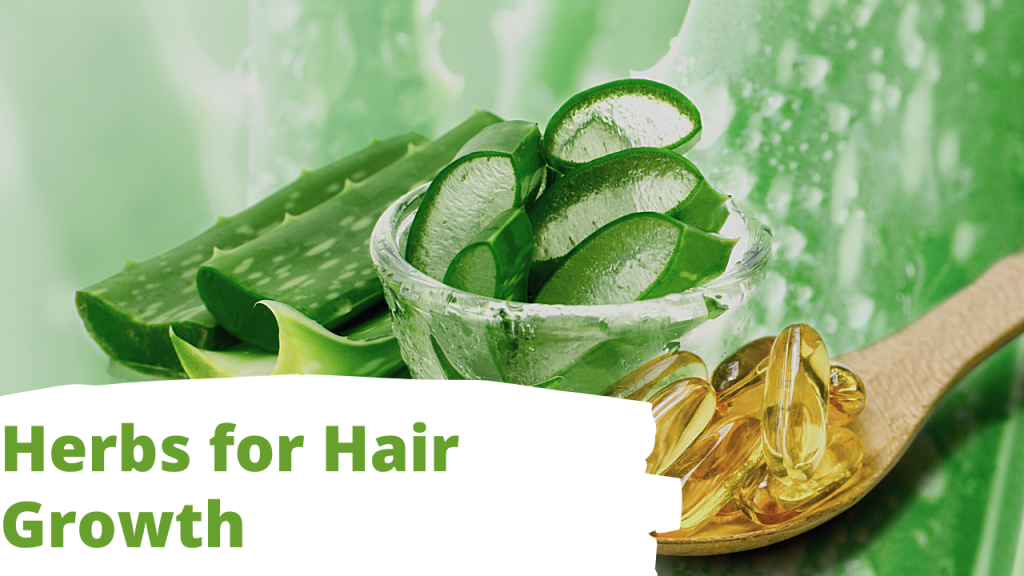

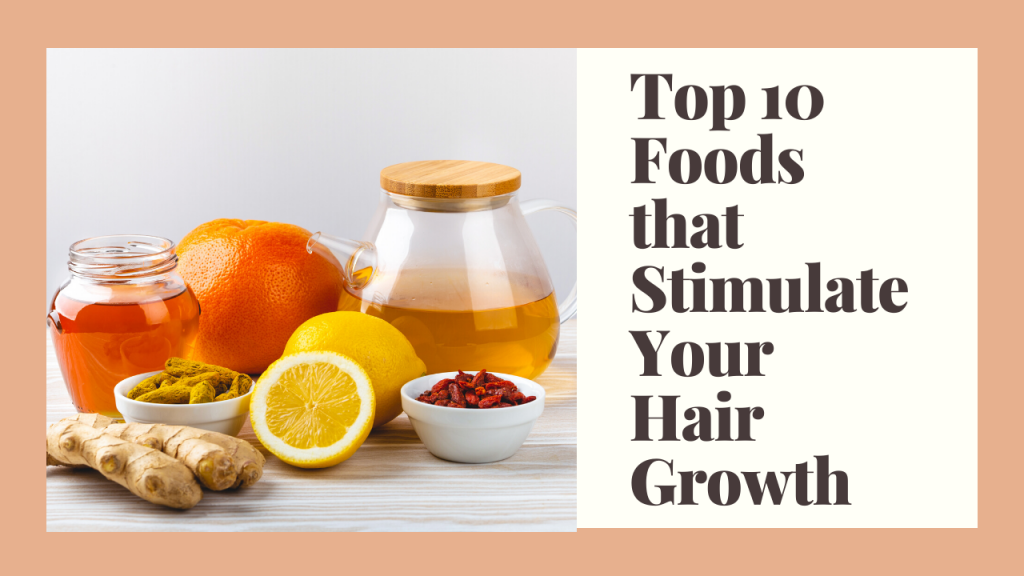
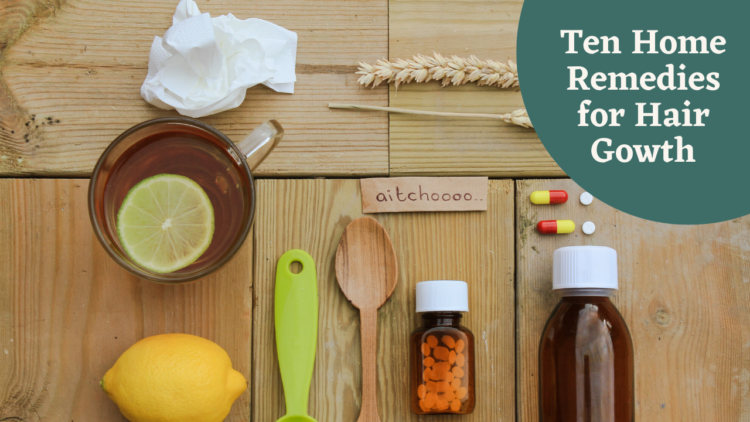
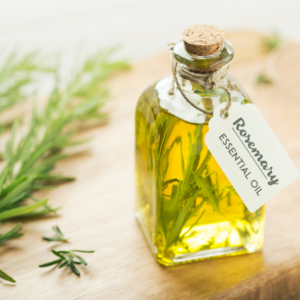
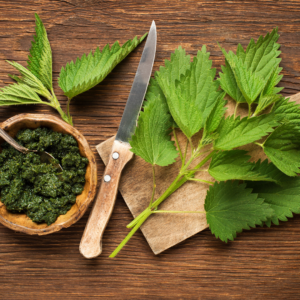
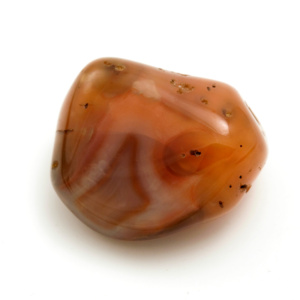 4. The herb ginkgo biloba
4. The herb ginkgo biloba